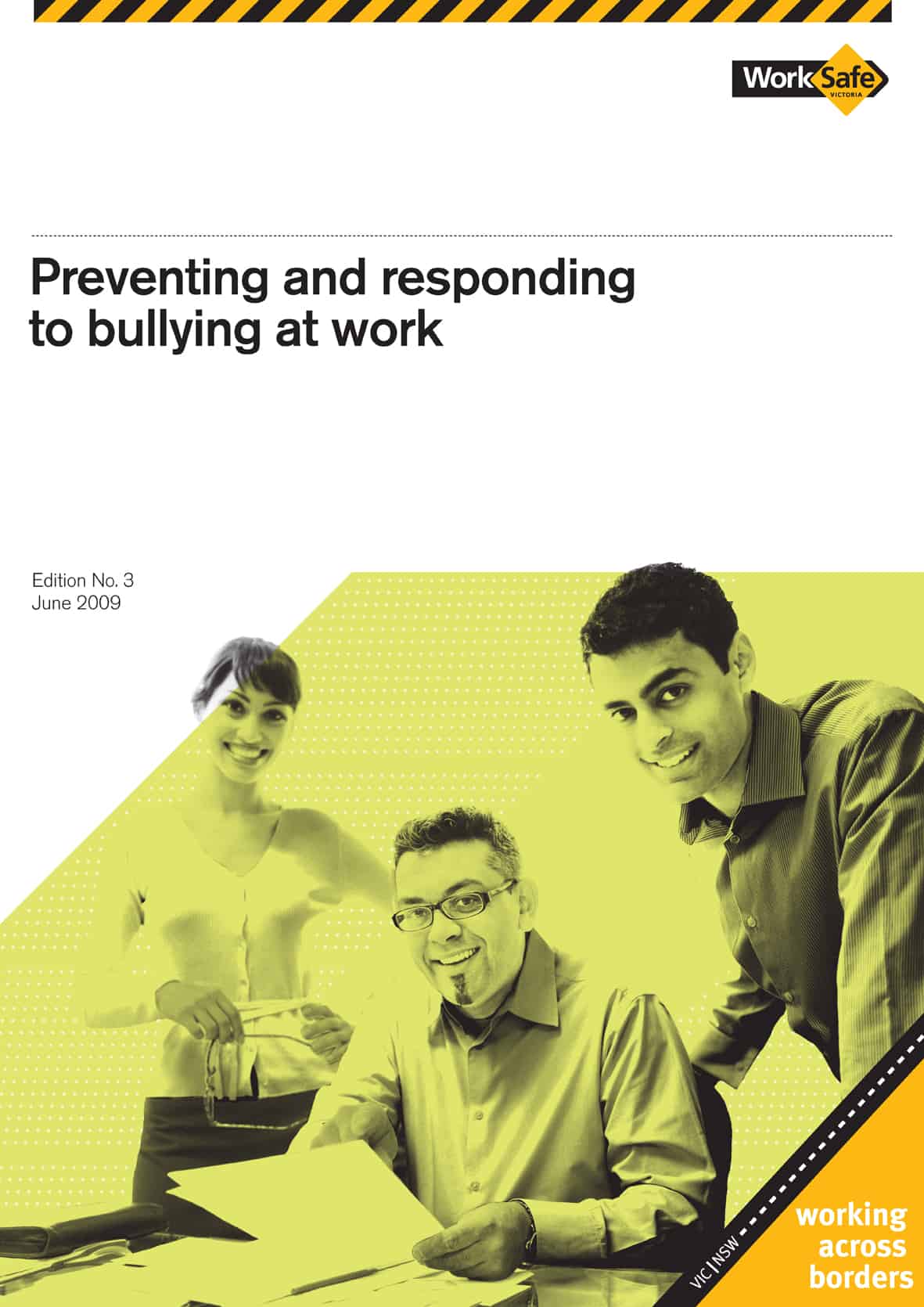Mike Smith, Chief Executive Officer of the ANZ Bank provided some insights into his life as a senior executive at a conference in Sydney on 21 April 2010. The most exciting information was a brief description of the assassination attempt on his life while working in South America but, in the context of health and safety, he also reveals a few nuggets of information.
Smith’s conference presentation was reported in the Australian Financial Review (article only available to subscribers) on 22 April 2010. He states as a CEO “you can’t really have work-life balance”. Continue reading “Bank CEO says he ‘can’t really have work-life balance’”

